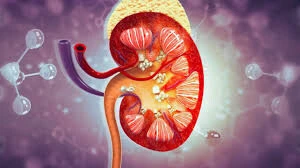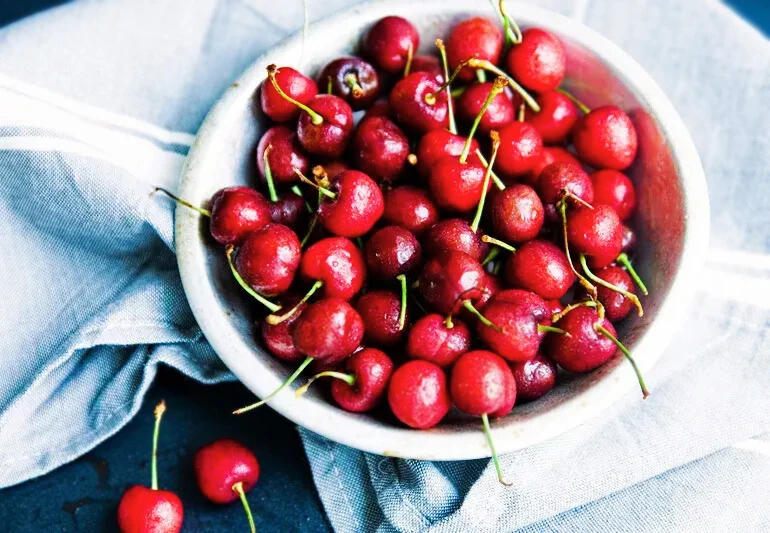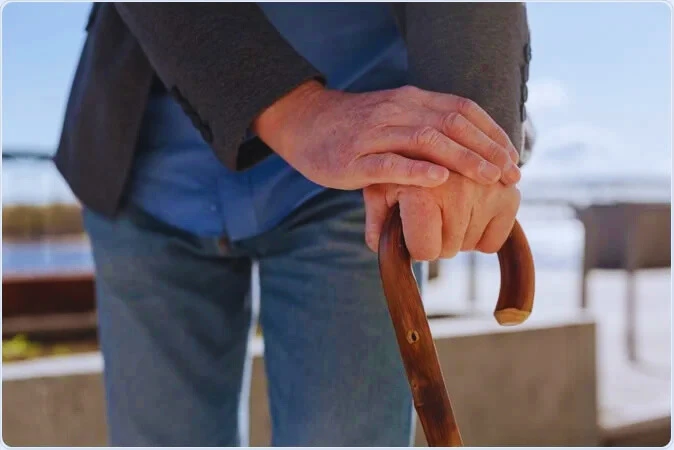New Delhi: Kidney stones, or nephrolithiasis, are a painful condition with a high recurrence rate, often exceeding 50%. While they can significantly disrupt daily life, experts emphasize that invasive treatments aren’t the only answer. Instead, consistent lifestyle and dietary changes can prevent their formation and progression.
The most crucial habit is staying well-hydrated. Individuals should aim to produce 2 to 2.5 litres of urine daily, which typically requires consuming at least 3 litres of fluids. Water is ideal, but citrus-based drinks can be beneficial because they dissolve calcium in the urine and prevent crystal buildup. Sugary sodas should be avoided, especially those high in fructose and phosphoric acid. Dietary adjustments are also key.
Contrary to common belief, moderate calcium intake (1,000–2,000 mg daily) is encouraged, as low calcium can increase oxalate absorption and raise the risk of stones. Foods high in oxalate—like spinach, beetroot, and chocolate—should be consumed in moderation, ideally paired with calcium-rich foods.
Cutting back on sodium, particularly from processed foods, is vital since excess salt boosts calcium excretion. Experts conclude that proactive daily habits can be more effective than medication in managing kidney stone risks in the long term.








